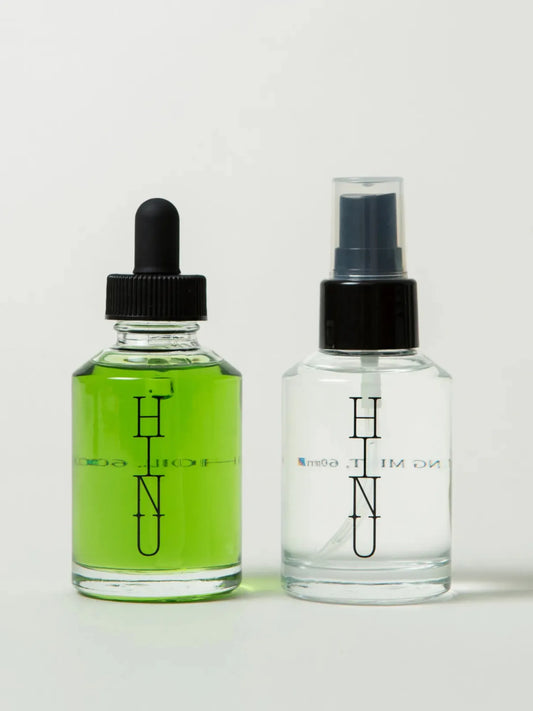
Sometimes the things you can’t see are the ones your hair feels most deeply. Hard water is one of those invisible disruptors, flowing from your tap just like any other water, but carrying minerals that quietly change the way your hair behaves.
You've got Free Shipping!


$0.00 AUD
You've got Free Shipping!
Sometimes the things you can’t see are the ones your hair feels most deeply. Hard water is one of those invisible disruptors, flowing from your tap just like any other water, but carrying minerals that quietly change the way your hair behaves.

Sometimes the things you can’t see are the ones your hair feels most deeply. Hard water is one of those invisible disruptors, flowing from your tap just like any other water, but carrying minerals that quietly change the way your hair behaves.

Sign up to our newsletter
